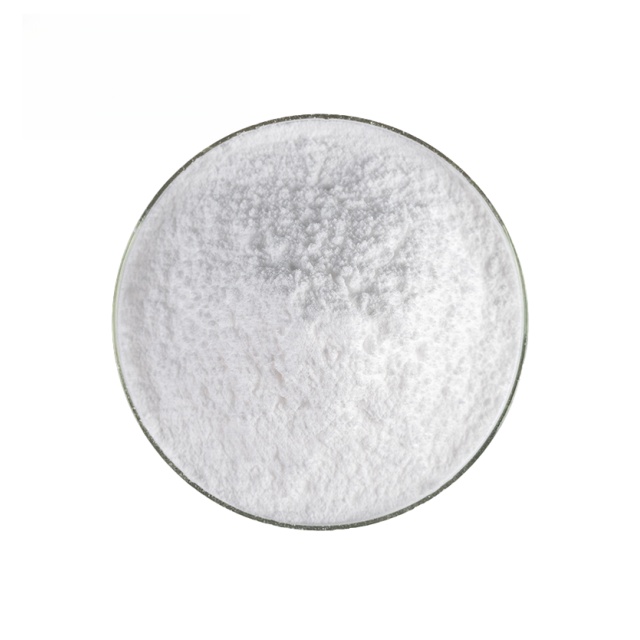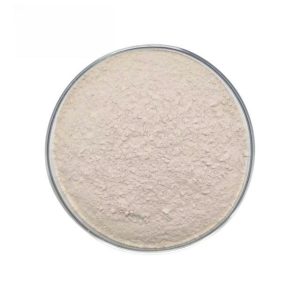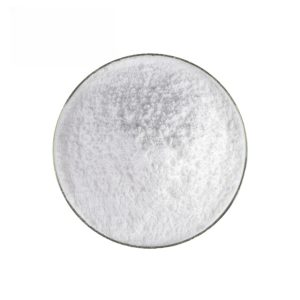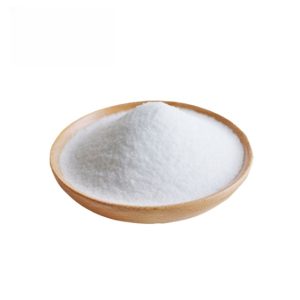I. Basic Information
- Chemical Name: L-Theanine
- Chemical Formula: C₇HN₂O₃
- Properties: L-Theanine is a unique free amino acid found in tea, accounting for 1%-2% of the weight of dry tea leaves.
II. Physical and Chemical Properties
- Structure: L-Theanine belongs to the class of amide compounds and is chemically named N-ethyl-L-glutamine.
- Physical State: Naturally occurring L-Theanine is always in the L-form, existing as white needle-like crystals with a melting point of 217℃–218℃ and a specific rotation of [α]=0.7°.
- Solubility: L-Theanine is highly soluble in water but insoluble in organic solvents such as ethanol and ether. Its aqueous solution is slightly acidic and has a caramel-like aroma and a refreshing taste similar to monosodium glutamate, with a taste threshold of 0.06%.
III. Presence and Sources
- L-Theanine was first isolated from green tea in 1950 and is a characteristic amino acid of tea, as well as one of the flavor-forming substances in tea.
- L-Theanine content is relatively high in tea, accounting for approximately 50%–60% of the total amino acids in tea.
- In addition to trace amounts detected in plants such as tea camellia, mushrooms, and oil tea, L-Theanine has not been found in other plants.
IV. Absorption and Metabolism
- L-Theanine is absorbed in the small intestine, and its absorption process may share a Na+-coupled co-transporter protein with glutamic acid.
- After ingestion of L-Theanine, intact L-Theanine, glutamic acid, and ethylamine can be detected in urine, with the quantities related to the administered dose of L-Theanine.
- L-Theanine may undergo enzymatic hydrolysis to glutamic acid and ethylamine in the body, and the metabolic site may be the kidneys.
V. Functions and Effects
- Blood Pressure-Lowering Effect: L-Theanine can reduce 5-hydroxytryptamine content in the brain, thereby regulating blood pressure. When different doses of L-Theanine were injected into spontaneously hypertensive rats (SHR), the degree of blood pressure reduction was positively correlated with the dose.
- Auxiliary Tumor Suppression Effect: Although L-Theanine itself has no antitumor activity, it can enhance the efficacy of various antitumor drugs.
- Relaxation and Sedative Effects: L-Theanine can promote alpha brain wave activity, enabling people to reach a relaxed state, relieving mental and physical fatigue, and improving stress resistance.
- Improvement of Sleep Quality: Studies show that daily intake of a certain amount of L-Theanine can effectively improve sleep quality.
- Anti-Anxiety and Anti-Depression Effects: L-Theanine can actively alleviate anxiety symptoms and help improve depressive symptoms.
VI. Other Applications
- L-Theanine can be used as a food additive in products such as beverages, biscuits, and candies, providing unique flavor and nutritional value to foods.
In summary, L-Theanine is a unique free amino acid found in tea, possessing various physiological functions and pharmacological applications that positively impact human health.




Reviews
There are no reviews yet.